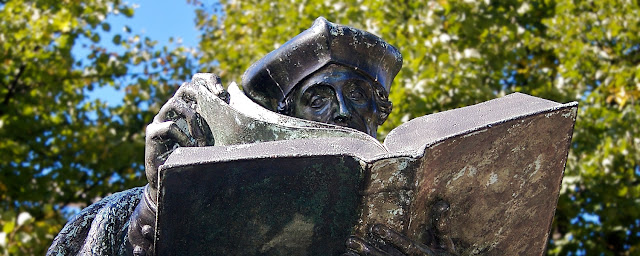An email informs me of a new, open-access book that will be of interest to readers here. It’s called Greek Palimpsests at Saint Catherine’s Monastery (Sinai): Three Euchologia as Case Studies. The author is Giulia Rossetto. You can read it online here.
The Monastery of Saint Catherine in the Sinai peninsula preserves one of the largest collections of manuscripts in the world, which include a significant number of palimpsest manuscripts (over 170). This book deals with Saint Catherine’s palimpsests in Greek language and offers their first-ever inventory. Three selected cases studies are then extensively described in order to showcase the richness and heterogenity of Sinai palimpsest books.


